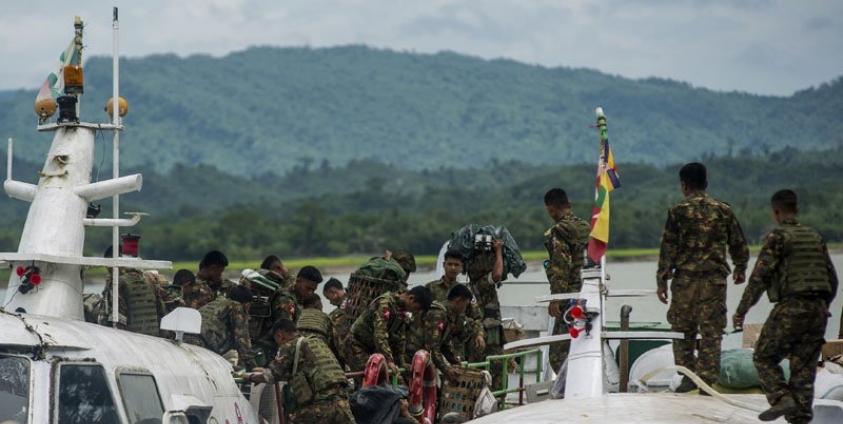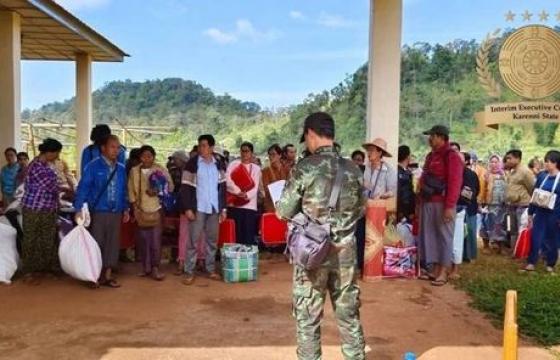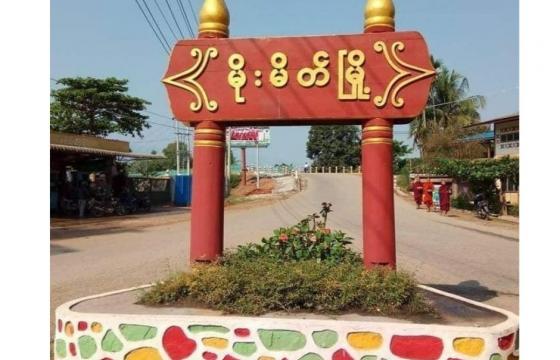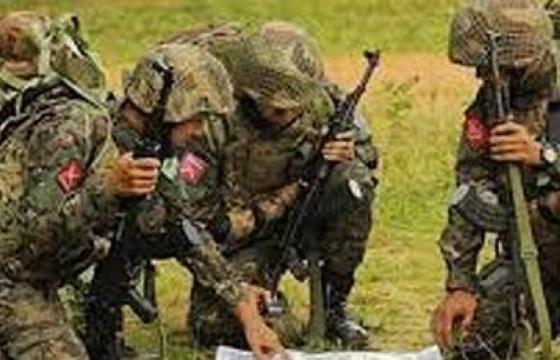The Asia Foundation has carried out a year-long study that analyzes roots and patterns of armed conflict in Myanmar, development trends in conflict-affected areas, and impact of foreign aid on conflict and peace-building, according to a press release on October 20.
The report is entitled: The Contested Areas of Myanmar: Subnational Conflict, Aid, and Development.
As Myanmar emerges from decades of authoritarianism and isolation, significant progress toward peace has been made since 2011. But heavy fighting and deadly clashes have intensified in many of the country’s contested areas, in particular Rakhine State, which has led to massive displacement, and Kachin and Shan States. These conflicts are among the world’s most enduring, posing significant challenges to national political reforms, economic growth, and human development, according to the study released by The Asia Foundation.
The year-long study comes at a pivotal moment amid longstanding conflicts in many parts of Myanmar, political dialogue to address the concerns of numerous ethnic groups, and a desire among international donors and aid agencies to support the peace-building process and the country’s political transition.
Findings from the study shed light on structural changes that are crucial for achieving sustainable and comprehensive peace in a country of great ethnic and cultural diversity. In addition, it reveals the intimate connections between subnational conflicts and national politics in Myanmar, instances where development interventions have contributed to uneven power dynamics and fueled armed resistance, and ways in which international aid can sometimes damage prospects for peace when initiatives are not sensitive to conflict. In this context, the study underscores a critical need to continue the ongoing political and economic reforms while building a system of government that is widely recognized as legitimate by people of all ethnic nationalities.
“As Myanmar emerges from decades of authoritarianism, armed conflicts, and entrenched poverty, the ongoing reforms and peace process in the country are inherently linked. Understanding how different forms of development assistance interact with conflict and governance dynamics on the ground remains crucial to assess prospects for peace in a rapidly transforming nation,” said Dr. Kim Ninh, The Asia Foundation’s country representative in Myanmar. “We hope the findings can contribute to the ongoing dialogue on development and conflict as part of Myanmar’s ongoing historic transition.”
Supported by the World Bank through the Korean Trust Fund for Economic and Peacebuilding Transitions, this study is part of the extensive and rigorous research the Foundation has been carrying out to help further discussions within and among government, civil society, ethnic armed groups, and development partners on how they can support development and peace.







